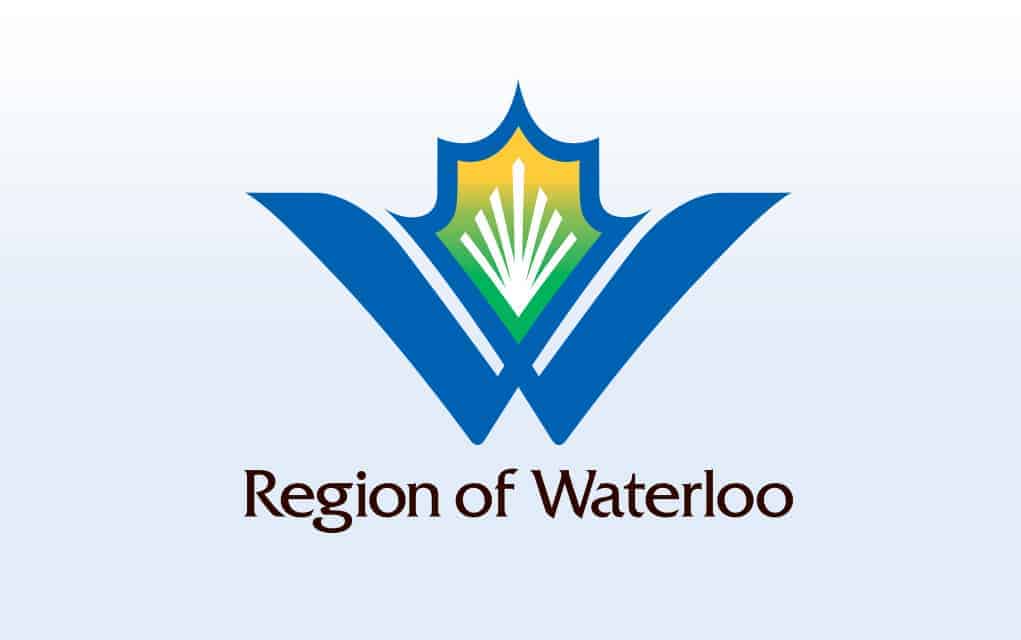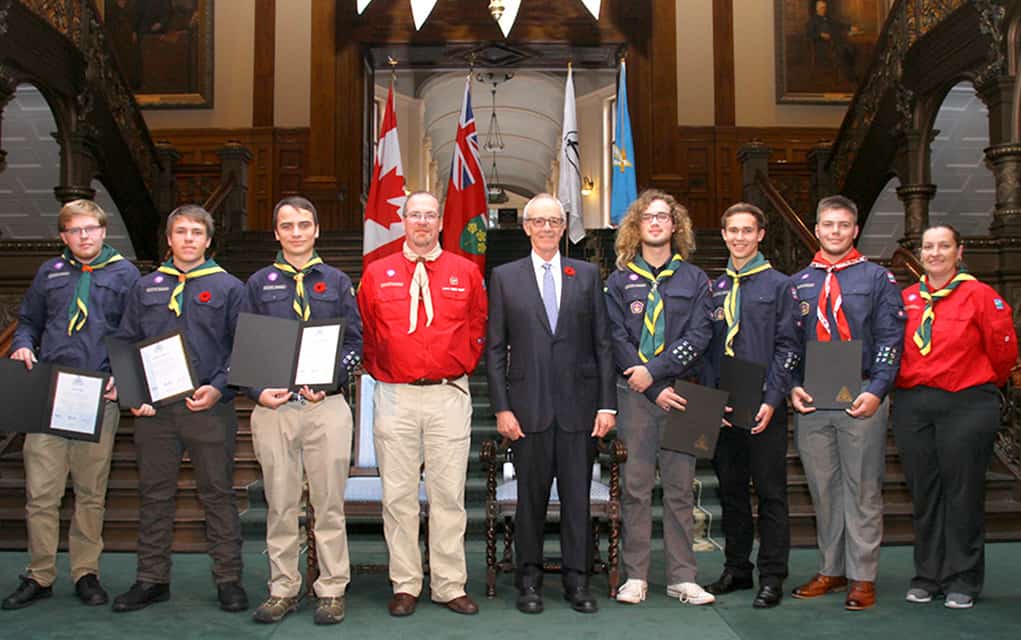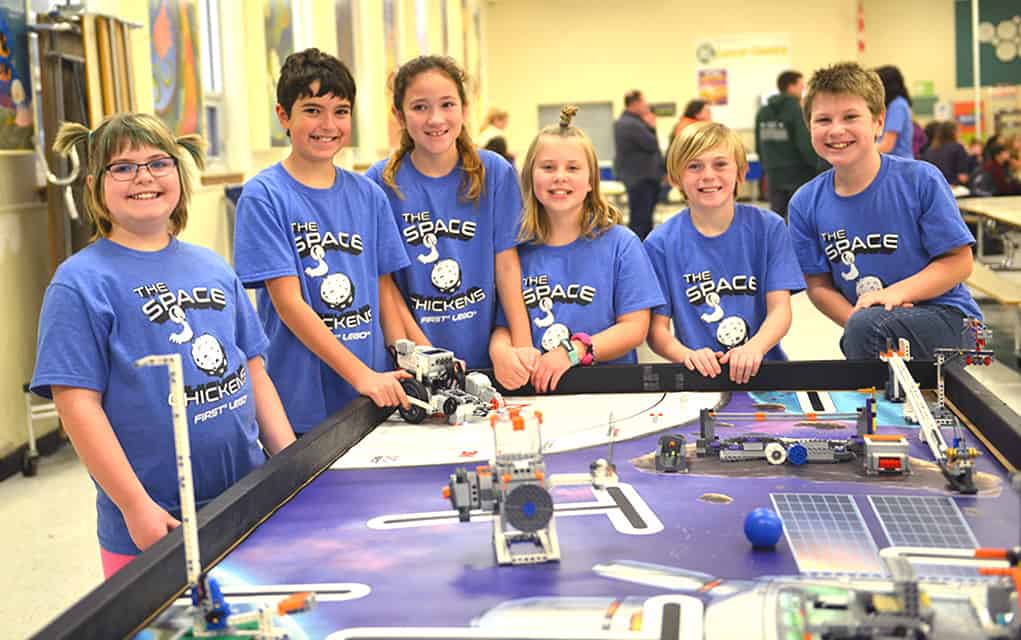The Region of Waterloo is considered by some a central hub in the world of technology and innovation, and perhaps with good reason. From the world-renowned University of Waterloo – consider, for instance, the recent Nobel Prize-winning physicist and school professor Donna Strickland – to the tech giants that have made Waterloo their home, and the wealth of start-ups that have pushed the boundaries, Waterloo has done much to be considered the Silicon Valley of the North.
The federal government certainly seems to think so. Waterloo Region was one of five area in the country to be shortlisted in June for Ottawa’s Smart Cities Challenge, a country-wide competition that will see the winner take home a $50-million prize.
The region has until March of next year to submit a detailed application to the federal government, showing how it use the prize money to create technology-driven solutions to overcome a specific challenge. The Region of Waterloo selected child and youth wellbeing as its focus, and over the next several months will be seeking input from the lower-tier municipalities, looking to generate ideas and insights.
“We are now in a finalist stage to build a full detailed proposal. If we win, we would win $50-million grant,” said Matthew Chandy, the Smart Waterloo Region lead. “So we’re competing against four other big cities across Canada for a $50-million grant to help us implement various technology and data-focused solutions to help us make [Waterloo Region] the number one community for children and youth in the country.”
The public and service groups will play a key role in this process, as the region tries to identify the challenges facing youth in the region, and how these challenges can be tackled with innovative uses of technology. The goal – or “challenge statement” – for Waterloo Region is to become the leading community for youth wellbeing in Canada.
“We will become the benchmark community in Canada for child and youth wellbeing by using early intervention, youth engagement and a connected-community framework to create adaptive, data-driven programs and scalable learning technologies that improve early child development, mental health and high school graduation rates,” reads the region’s challenge statement.
The official launch of the public consultation phase began this week, and Chandy is encouraging the public to become involved.
“We’re asking all sectors of the community – so we’re asking our tech and social services sector to come together with youth and build solutions that will benefit youth, and we’re also just asking the public to be a part of this,” he said.
Chandy gives an example of what a “technology-driven” solution to a challenge might look like.
“A technology solution could be an app, for example. So right now, if youth are looking at ways of seeking support for, maybe they’re getting bullied, or maybe they’re experiencing mental health challenges, and they don’t feel like they can comfortably speak to anyone about that,” he said.
“So maybe there is an app that they could find out who they can talk to, or anonymously reach out and seek some assistance.
“That would be a very basic example of how we can connect with youth,” explained Chandy
It’s not just phone apps that are being looked at here, Chandy notes. “Another example would be, we talk about programming. Well how do we have more programming, and how do we teach kids differently? So how do we offer more programming and services outside of just the classroom. How do we continue to support youth with continued education.”
Other challenges to tackle could include getting high speed internet to rural communities, improving high school graduation rates and literacy, and early childhood development.
Crucially, besides creating solutions to existing challenges, the Region of Waterloo will also need to come up with ways to measure the actual results. To that end, the region is envisioning the creation of a “real-time child and youth wellbeing dashboard,” that will use data collected from multiple organizations across the municipality, and combine it into a single online platform. The dashboard would essentially give a snapshot of youth wellbeing in the region through a number of statistics.
As an example, Chandy says, the dashboard could have a column for graduations rates in the region – offering a quick, real-time indicator for how well young people are doing in that particular area.
For those interested in taking part in the consultations, and offering their ideas, the first step would be to visit the website, recommends Chandy. Information will be posted on how the public can get involved, as well as the timings and locations of public events.
Competing against Waterloo Region for the $50-million prize are Quebec City, Montreal, Edmonton, Vancouver and Surrey, B.C. The municipalities have until March 5 to submit final proposals, which will then be reviewed by a jury. The final winners will be announced sometime in the spring of 2019.









